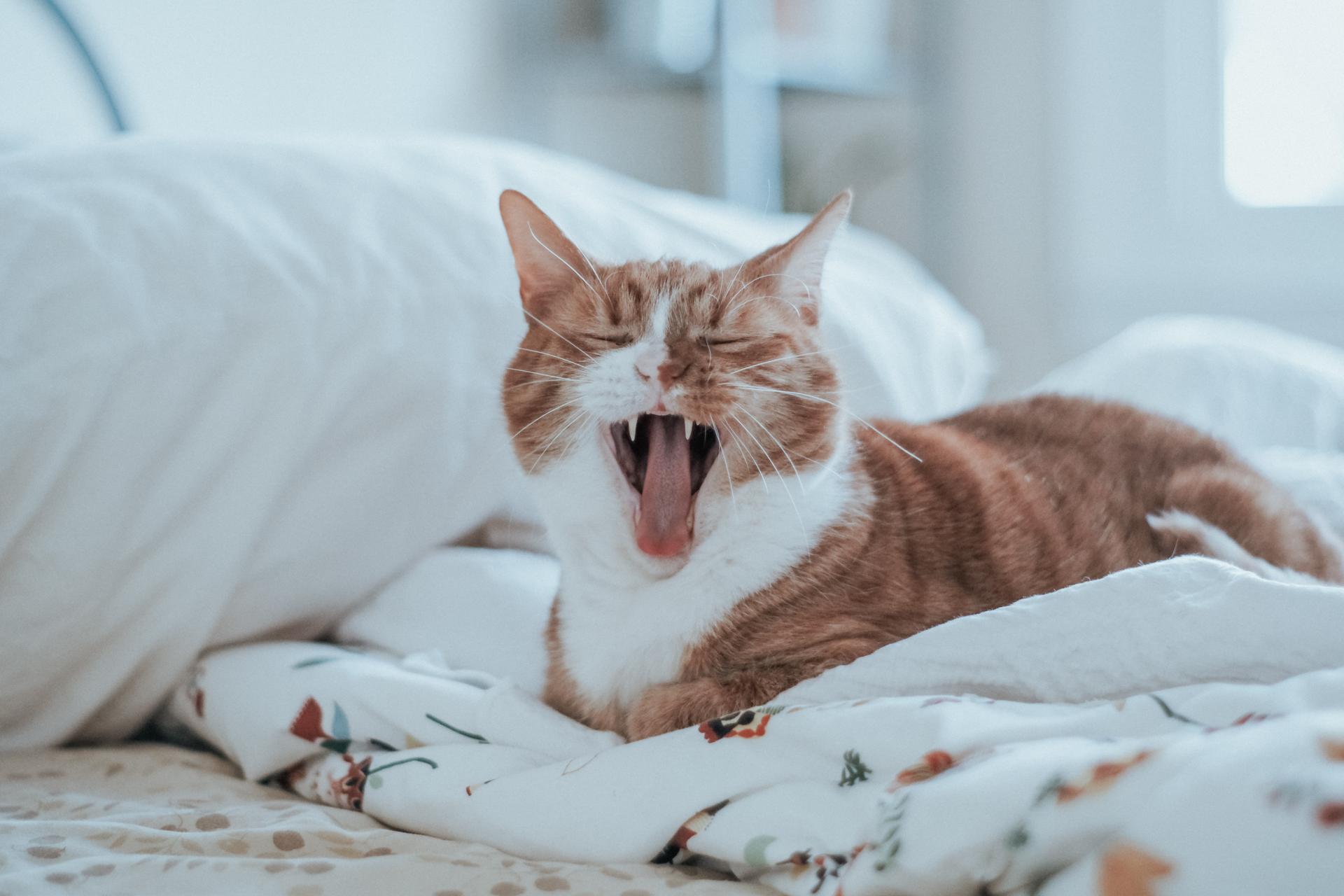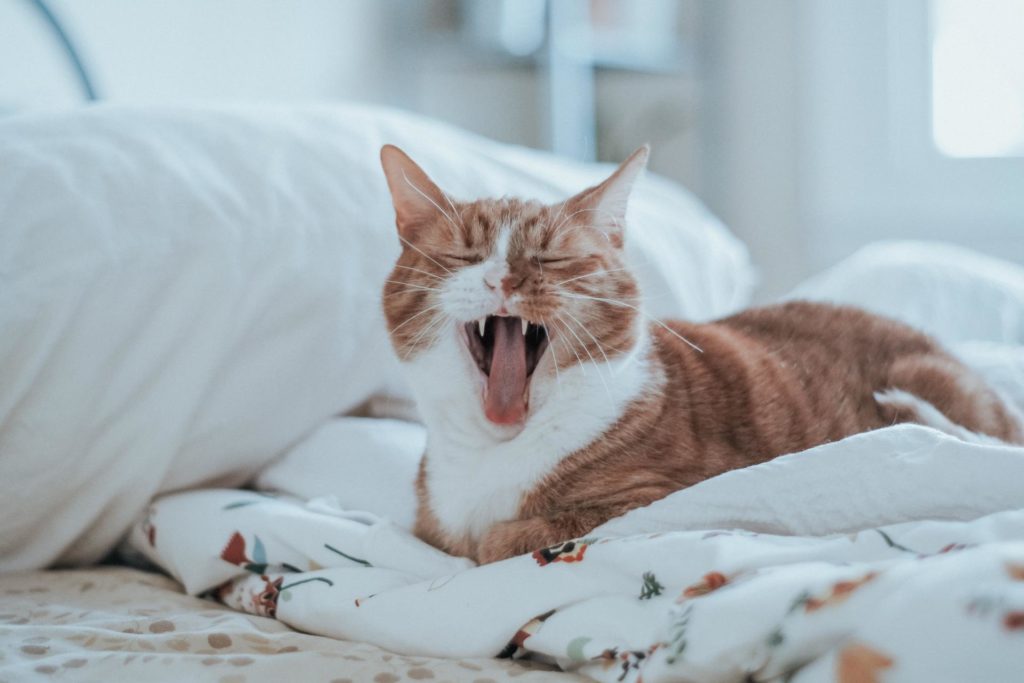
Cats are known for their exceptional sleeping habits. If you’ve ever wondered why your feline friend spends the majority of their day snoozing, you’re not alone. In this article, we will explore the fascinating world of cat sleep and uncover the factors that influence their slumber. From the number of hours they sleep to the reasons behind their catnaps, we’ll provide you with a comprehensive understanding of your cat’s sleeping habits.
How Many Hours a Day Does a Cat Sleep?
Cats are true sleep enthusiasts, spending a significant portion of their day in dreamland. While humans require around seven hours of sleep, cats take it to another level. On average, cats sleep between 12 to 16 hours a day1. The amount of sleep a cat needs can vary depending on their life stage. Kittens, in particular, require even more sleep due to their rapid growth and development. It’s not uncommon for kittens to sleep up to 20 hours a day1. As cats mature into adulthood, they generally need around 15 hours of sleep or less1. Senior cats, typically aged 10 years or older, may sleep more than their younger counterparts due to health issues or decreased activity levels1.
Unraveling the Reasons Behind Cat Sleep
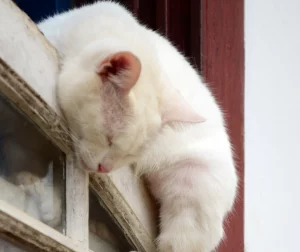
Numerous factors contribute to the sleeping habits of our feline companions. Breed, diet, lifestyle, and age all play a role in determining how much sleep a cat requires1. Let’s dive deeper into the key reasons why cats sleep as much as they do.
1. Catnaps: The Art of Resting
Contrary to popular belief, cats don’t usually engage in long stretches of sleep. Instead, they prefer to take frequent catnaps that last around 15 to 30 minutes each1. These short bursts of rest allow cats to recharge their bodies and minds without falling into deep sleep. Catnaps also enable felines to remain alert and responsive to potential threats in their environment1.
2. Conserving Energy Through Sleep
Cats are natural hunters and explorers, activities that require immense energy expenditure. It’s no wonder they need to conserve energy by sleeping for extended periods. When a cat wakes up from a nap, they are ready to engage in any activity they desire, whether it be climbing a cat tree or chasing an interactive toy1.
3. Crepuscular Creatures
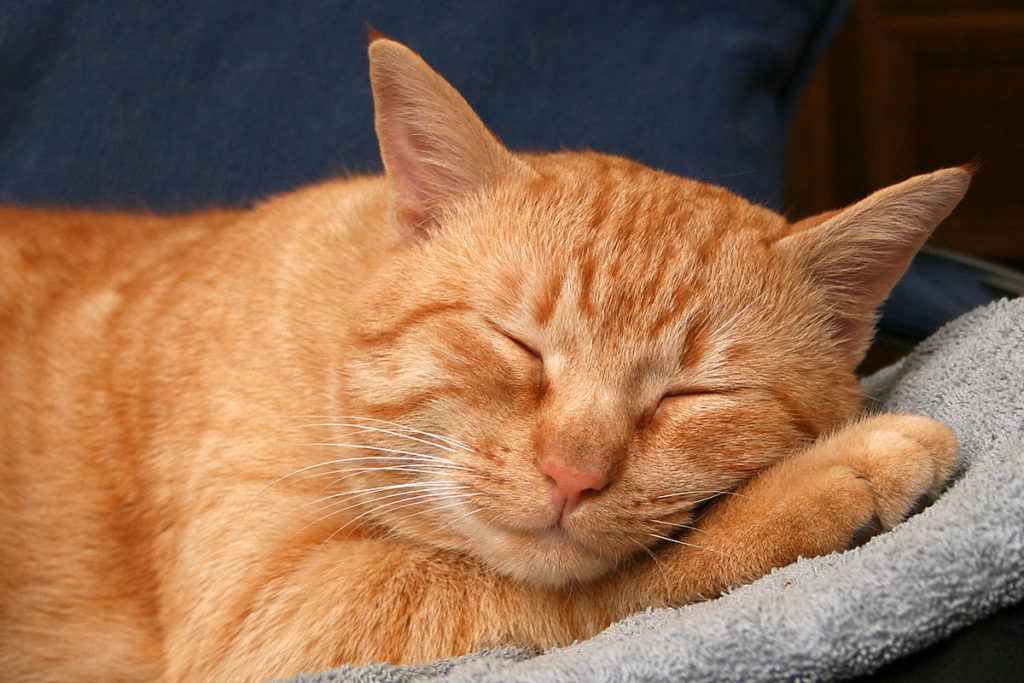
Cats are crepuscular animals, meaning they are most active during dawn and dusk. If your cat appears to sleep all day, it’s likely because they are more active during the night1. To prevent your feline friend from disturbing your sleep in the early hours of the morning, ensure they have adequate entertainment options. Providing scratching posts or allowing them to observe the outside world from a window can keep them occupied while you’re at rest1.
4. Battling Boredom
Just like humans, cats can become bored. This boredom can manifest in excessive sleeping. While sleeping may not seem like a significant issue, it can lead to other behavioral problems such as destruction, constant meowing, and over-grooming. To keep your cat engaged and prevent boredom, it’s crucial to provide them with mental and physical stimulation throughout the day. Vertical territory, such as cat trees, scratching posts, and shelves, along with puzzle feeders and regular playtime, can help keep your cat entertained..
5. Stress and Anxiety
Cats, like humans, can experience stress and anxiety. Changes in their sleep patterns could indicate that they are feeling overwhelmed or anxious about something in their environment. Common stressors for cats include the introduction of new family members or alterations in feeding schedules. If you notice your cat sleeping more than usual, it may be worth investigating their environment for potential stressors.
6. Illness and Disease
Certain illnesses and diseases can also cause cats to sleep more than usual. Conditions such as hyperthyroidism, diabetes, kidney disease, heart disease, liver disease, and cancer can impact their energy levels and sleep patterns. If you observe any other changes in your cat’s behavior, such as loss of appetite or weight loss, it’s crucial to seek veterinary attention promptly.
7. Injuries and Aging
Cats are known for their agility, but their vigorous activities can sometimes lead to injuries. Muscle strains, torn ligaments, wounds, or infections can all necessitate additional sleep as the body heals. Arthritis and joint pain are also common in aging cats, leading to increased sleep as a means of alleviating discomfort. If you notice lameness or stiffness in your cat, consulting a veterinarian is advisable for proper diagnosis and treatment options.
Is My Cat Sleeping Too Much?
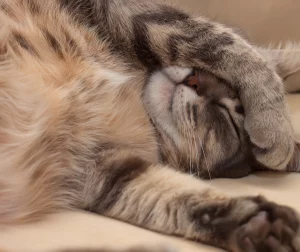
If your cat’s sleeping habits seem excessive or if you notice any other unusual behavioral changes, it’s recommended to consult your veterinarian for guidance. A thorough examination by a professional can help identify any underlying issues that may be affecting your cat’s sleep. Depending on the diagnosis, dietary changes, increased exercise, medications, supplements, or behavior modification training may be recommended1. Sometimes, providing your cat with more toys and playtime can be a simple solution to alleviate boredom or excessive sleepiness.
In conclusion, cats are natural-born sleepers. Their need for ample rest is influenced by various factors, including their life stage, breed, diet, and lifestyle. Understanding the reasons behind their sleeping habits can help us ensure their overall well-being and address any potential issues that may arise. By providing our feline companions with mental and physical stimulation, a stress-free environment, and regular veterinary care, we can help them maintain a healthy balance between sleep and wakefulness.
Remember, if you have any concerns about your cat’s sleeping habits or overall health, it’s always best to seek professional advice from a veterinarian.
